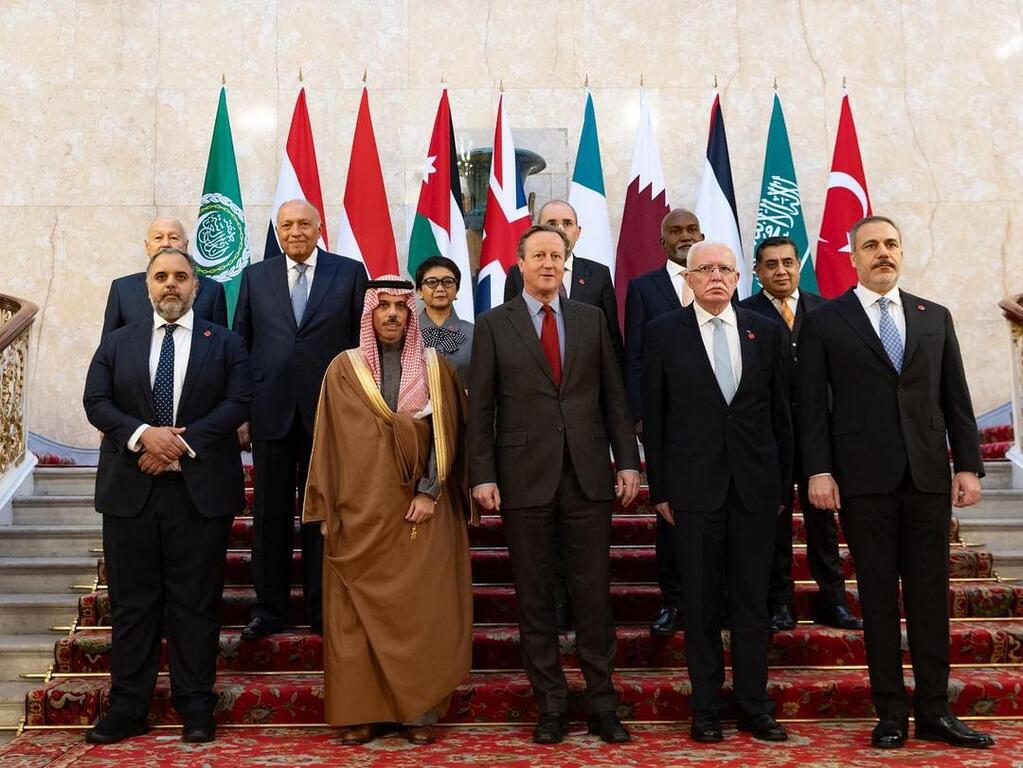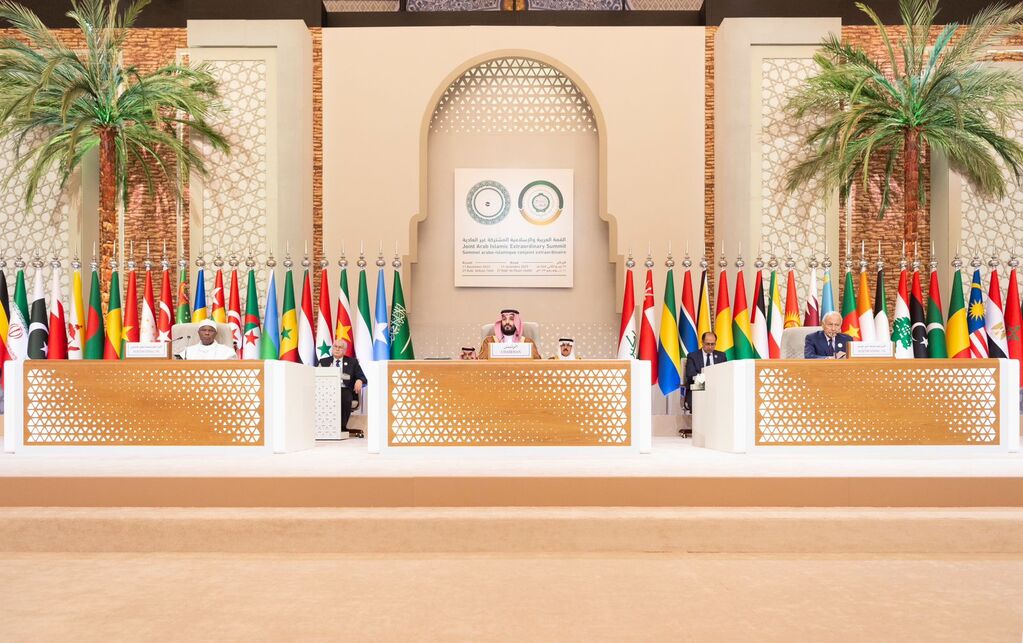The Second Joint Arab-Islamic Summit was a significant event that brought together leaders from the Arab and Islamic world to discuss pressing issues, foster unity, and strengthen cooperation. Held on November 11, 2024, in Riyadh, Saudi Arabia, this summit marked a pivotal moment in addressing regional challenges and global concerns. This article delves into the details of the summit, its objectives, key outcomes, and its relevance to countries like Pakistan.
Historical Background of the Joint Arab-Islamic Summits
1. The First Joint Arab-Islamic Summit
-
Held in 2016, the first summit set the stage for fostering collaboration between Arab and Islamic nations.
-
It focused on combating terrorism, economic development, and cultural exchange.

2. The Second Joint Arab-Islamic Summit
-
Building on the foundation of the first summit, the second summit aimed to address evolving global challenges.
-
The event was hosted by King Salman bin Abdulaziz Al Saud and attended by prominent leaders, including the then-President of the United States, Donald Trump.
The Second Joint Arab-Islamic Summit, held on November 11, 2024, was a landmark event in fostering unity, collaboration, and progress among Arab and Islamic nations. With a focus on countering terrorism, enhancing economic ties, and promoting cultural exchange, the summit addressed critical global challenges.
Pakistan’s active participation underscored its commitment to regional stability and development, contributing significantly to the summit’s objectives. The lessons from this event continue to inspire efforts toward unity and progress in the Islamic world, making it a pivotal moment in modern history.
Objectives of the Second Joint Arab-Islamic Summit
The Second Joint Arab-Islamic Summit had several key objectives:
-
Countering Terrorism: Establishing a united front against extremist ideologies and terrorist organizations.
-
Economic Collaboration: Strengthening economic ties and promoting trade between member nations.
-
Cultural Exchange: Encouraging mutual understanding and cooperation through cultural initiatives.
-
Strengthening Alliances: Enhancing diplomatic relations among Arab and Islamic countries and with global powers.
Key Outcomes of the Summit
1. Formation of the Global Center for Combating Extremist Ideology
-
The summit led to the establishment of the Global Center for Combating Extremist Ideology in Riyadh.
-
This center focuses on monitoring and combating extremist narratives online and offline.
2. Riyadh Declaration
-
A comprehensive declaration was signed, emphasizing unity, peace, and development.
-
It highlighted the importance of addressing the root causes of extremism and fostering tolerance.
3. Strategic Partnerships
-
Agreements were signed to enhance defense, economic, and cultural collaboration among member states.
-
Partnerships with global powers, including the United States, were strengthened.
4. Focus on Technology and Innovation
-
The summit underscored the role of technology in combating terrorism and promoting development.
-
Initiatives to enhance digital infrastructure in member countries were announced.
Pakistan’s Role and Impact
1. Active Participation
-
Pakistan played a significant role in the summit, represented by its then-Prime Minister Nawaz Sharif.
-
The country reiterated its commitment to combating terrorism and fostering regional stability.
2. Economic Opportunities
-
The summit opened avenues for Pakistan to enhance trade and investment with Arab and Islamic countries.
-
Collaborative projects in renewable energy and technology were discussed.
3. Strengthening Diplomatic Ties
-
Pakistan’s participation strengthened its relations with Saudi Arabia and other member states.
-
The summit reinforced Pakistan’s position as a key player in the Islamic world.
4. Support for Counter-Terrorism
-
Pakistan shared its experiences and strategies in countering terrorism, contributing to the summit’s objectives.
-
Collaborative efforts were initiated to address security challenges in the region.
Timeline of Key Events at the Summit
|
Date |
Event |
|
June 1, 2017 |
Opening of the Second Joint Arab-Islamic Summit |
|
June 1, 2017 |
Formation of the Global Center for Combating Extremist Ideology |
|
June 1, 2017 |
The signing of the Riyadh Declaration |
|
June 1, 2017 |
Announcement of strategic partnerships |
Lessons from the Second Joint Arab-Islamic Summit
1. Unity is Strength
-
The summit highlighted the importance of unity among Arab and Islamic nations in addressing shared challenges.
2. Collaboration is Key
-
Strengthening economic and cultural ties fosters mutual growth and development.
3. Global Partnerships Matter
-
Engaging with global powers enhances the effectiveness of regional initiatives.
4. Technology as a Tool
-
Leveraging technology is essential for combating extremism and promoting progress.

FAQs About the Second Joint Arab-Islamic Summit
1. When was the Second Joint Arab-Islamic Summit held?
The Second Joint Arab-Islamic Summit was held on November 11, 2024, in Riyadh, Saudi Arabia.
2. What were the main objectives of the summit?
The main objectives were countering terrorism, strengthening economic collaboration, promoting cultural exchange, and enhancing diplomatic relations.
3. What was the Riyadh Declaration?
The Riyadh Declaration was a comprehensive agreement emphasizing unity, peace, and development among Arab and Islamic nations.
4. How did Pakistan contribute to the summit?
Pakistan actively participated by sharing its counter-terrorism strategies, strengthening diplomatic ties, and exploring economic opportunities.
5. What was the significance of the Global Center for Combating Extremist Ideology?
The center focuses on monitoring and combating extremist narratives, promoting tolerance, and addressing the root causes of extremism.





.gif)








.gif)







Sign in
to continue to ilmkidunya.com